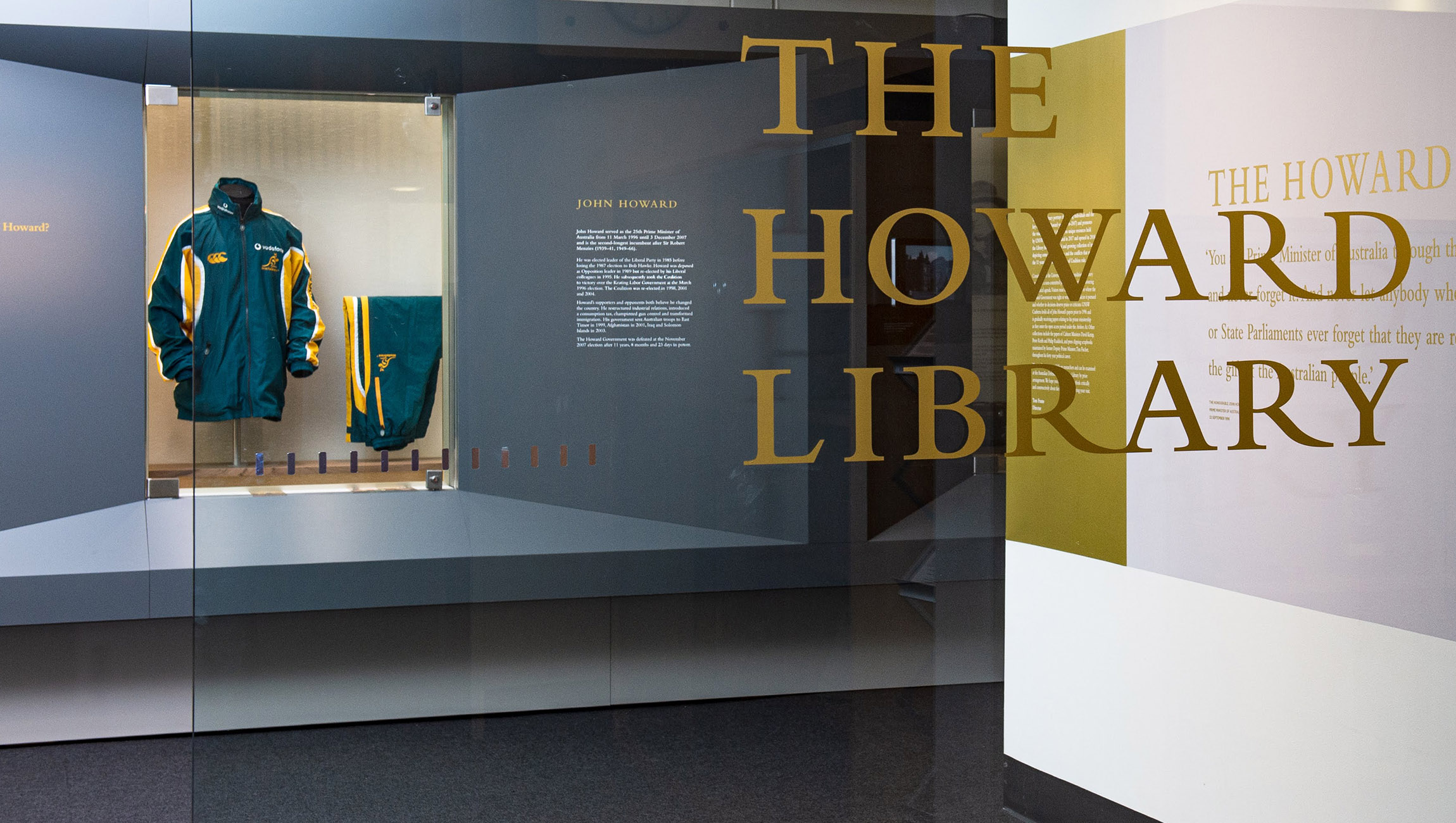John Howard Prime Ministerial Library supports national civics education
The John Howard Prime Ministerial Library, hosted by UNSW Canberra at Old Parliament House, has released a collection of accessible, curriculum-aligned Civics and Citizenship resources for Australian students in years 9 and 10.

